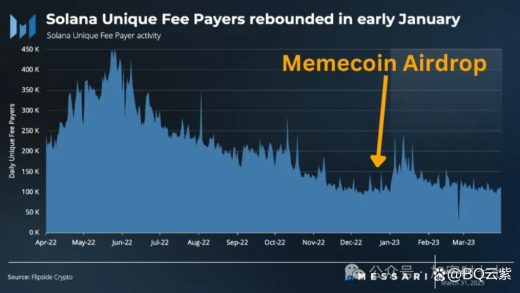The rise of cryptocurrency trading has transformed the financial landscape, leading investors and traders to explore innovative methods for maximizing their trading potential. Among the myriad of trading methods gaining traction, algorithmic trading—or “algo trading”—is emerging as a notable player. This article explores the feasibility and potential of algo exchanges, discussing whether thay represent the future of cryptocurrency trading.
Understanding Algorithmic Trading
algorithmic trading involves using computer algorithms to automate the buying and selling of cryptocurrency based on predefined market conditions. This technology processes vast amounts of data rapidly, allowing traders to make informed decisions without human intervention. The concept is not new; traditional financial markets have been leveraging algorithmic trading for years, but its integration into cryptocurrency trading signifies a major evolution.
key features of algorithmic trading include:
- Speed: Algorithms can execute trades within milliseconds, capitalizing on opportunities that manual trading may miss.
- Precision: Trading bots operate based on set parameters, reducing the emotional stress associated with trading for individuals.
- Backtesting: Traders can test their strategies against ancient data to determine potential effectiveness before implementing them in real time.
The role of Algo Exchanges in Cryptocurrency Trading
As the crypto market continues to expand, the emergence of specialized algo exchanges is evident. These platforms are designed primarily for algorithmic trading and provide traders with the tools and infrastructure needed for efficient trading strategies.
Benefits of using algo exchanges include:
- Enhanced liquidity: Algo exchanges frequently enough facilitate higher trading volumes, leading to better prices and quicker transactions.
- Access to advanced tools: Many algo exchanges offer refined analytical tools, making it easier for traders to refine and implement their strategies.
- Reduced transaction costs: For high-frequency traders, algo exchanges can provide lower fees, allowing for more effective trading.
With these advantages, it’s no wonder that the future might potentially be leaning toward algo exchanges as a standard practice in cryptocurrency trading. However, the adoption of these platforms will depend on various factors, such as regulatory developments, technological advancements, and traders’ educational needs.
Challenges and Considerations
While algo trading presents numerous advantages, it also comes with its own set of challenges that traders must consider before diving in.
- market volatility: Cryptocurrencies are notoriously volatile.algorithms need to be designed with this in mind to avoid significant losses during rapid market swings.
- Technical complexities: Building and maintaining a accomplished trading algorithm often require advanced programming skills and market knowledge, which may exclude novice traders.
- Regulatory concerns: The legal landscape surrounding algorithmic trading in cryptocurrencies is still developing. Traders need to remain abreast of regulations to ensure compliance.
As algorithmic trading technology continues to mature, the cryptocurrency market may witness a shift towards more automated trading solutions. This shift may democratize access to sophisticated trading strategies that were once the domain of institutional traders only.
Conclusion
algorithmic exchanges hold the potential to revolutionize cryptocurrency trading, allowing traders to capitalize on market inefficiencies with heightened speed and precision. As the landscape evolves, it is crucial for both novice and experienced traders to remain educated about the intricacies of algorithmic trading. While the benefits of algo trading are appealing, it is vital to be aware of the inherent challenges that come with adopting this model.
In an increasingly competitive market, those willing to adapt and integrate algorithmic strategies into their trading repertoire may find themselves at a distinct advantage.
FAQs
Is algorithmic trading safe?
Algorithmic trading can be safe, but it depends on factors such as market conditions, the effectiveness of the trading algorithm, and adherence to risk management practices. Traders should conduct thorough backtesting and monitor their algorithms regularly.
Can anyone participate in algorithmic trading?
While algorithmic trading was once primarily reserved for institutional investors, technological advancements have made it more accessible to retail traders. Knowledge of programming and market dynamics is beneficial but not always necessary with user-friendly platforms available today.
What should I consider before choosing an algo exchange?
When choosing an algo exchange,consider factors such as the platform’s security measures,fees,available trading tools,liquidity,and the ability to customize algorithms. Researching reviews and community feedback can also inform your choice.


